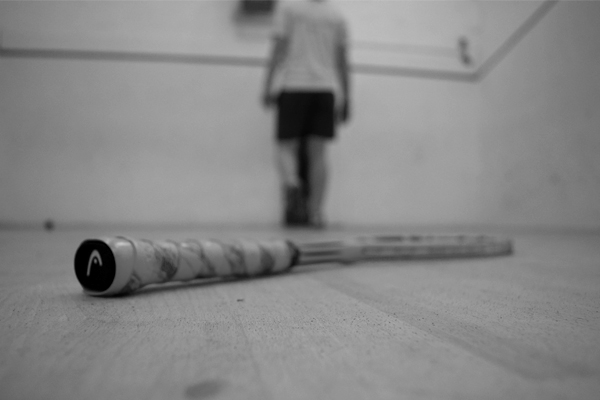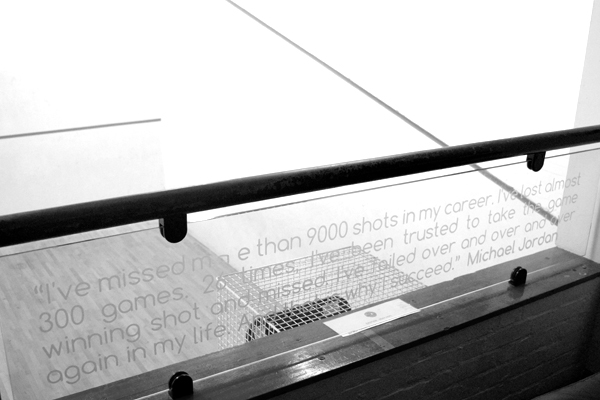How to deal with over-motivation during a match
This is our second post on how to deal with over-motivation, this week focusing on what the symptoms of over-motivation are during a match and how you can deal with them.
Check out Part I: How to deal with over-motivation before a match for more on how to make sure you are balanced mentally before the match.
Signs of over-motivation during a match
Symptoms of over-motivation can include:
- Silly mistakes
- Nervousness or lack of conviction in hitting the ball (most commonly players who are over-motivated won’t follow through long enough and will cut off their swing early)
- Swinging through the ball too fast or without control
- Attempting to win the rally very early or when the chance of hitting a winning shot is very slim
- Nervousness or lack of conviction in shot selection
- Erratic movement and/or positioning – often getting too close to the ball
- Poor temperament (especially if a player’s temperament is worse than usual)
- Overreacting when hitting a bad shot or when things don’t go as planned
- Focusing too much on the score
As previously mentioned, all of these are relative, and what you are really looking out for is if you are doing one or more of the above more than usual.
How do you handle over-motivation during a match?
Personally, I think this is perhaps one of the most difficult mental challenges to overcome mid-match. It’s very easy to lurch from over-motivation to anger, or another destructive emotion.
You need to hit reset as quickly as possible, and you might have to wait until the end of the game to do this properly. I would go away from the court and go to a corridor, changing rooms, toilet or other area that is removed from the courts. Breathe deeply, and try to ground yourself in the moment by focusing on the feeling of your feet in your shoes and the feeling of the ground beneath them.
Once you start to calm down, focus on what you want your new goal or target to be. When over-motivated, I find it is best to focus on removing the pressure from yourself. You can do this by acknowledging to yourself that all you can do is your best, and even if you play your best, you cannot control the score and you still might lose. Tell yourself to focus instead on something you can control, such as making sure you get back to the T-Position as quickly as possible or doing your best to volley as much as possible. Your new focus could also be about desire and mindset, telling yourself to think of the next game as a best of one or of doing your best to prevent your opponent winning two rallies in a row.
If you can grab a quick bit of fresh air – make it quick if it’s cold and don’t ruin your shoes! – that can work wonders.
I also find changing my shirt is a great way of refreshing myself, and always try to have a spare one. If you can change your shirt, do that too.
As we said last week, you need to take all of this advice and apply it to your personality and style. You will need to adapt some of our tips to work for you, and perhaps even disregard some bits altogether if they don’t work for you. The key is to experiment and pursue what does work for you through trial and error!
Best of luck from The Squash Company in keeping it together!
For more thoughts on how you can improve your mental game, click on the word ‘Mental’ in the ‘Tags’ section below – or click here – to see all of our posts on the mental side of the game.

